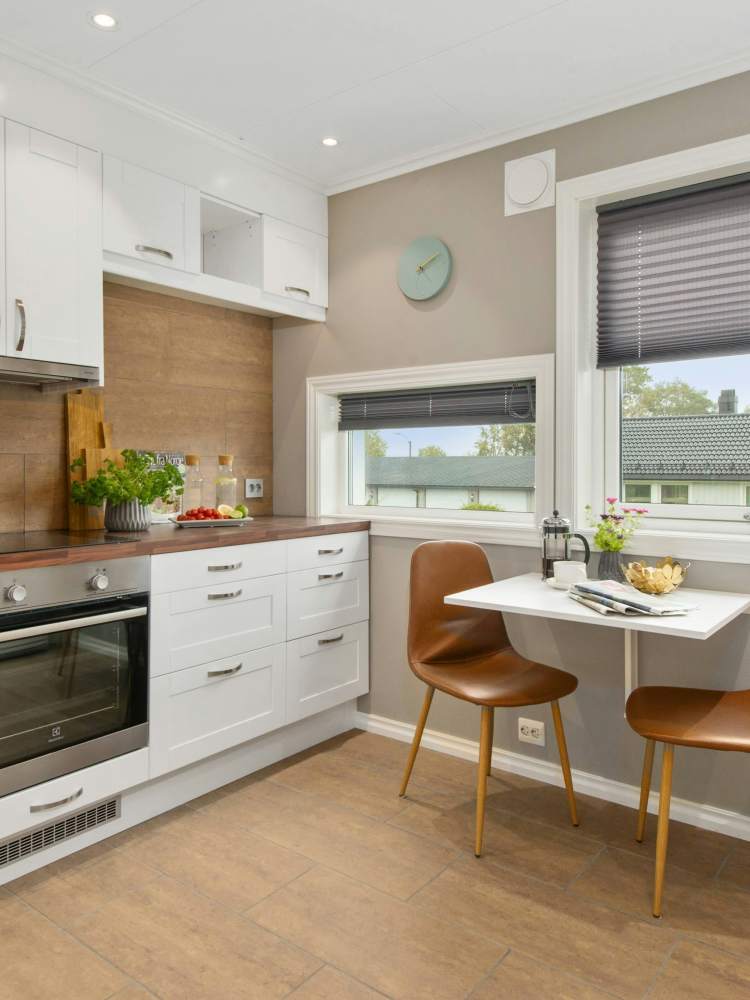While Riverdale Park is a nice, normal American suburb today, it hasn't always been. In the 1960s, it was a hotbed of counter-culture, and there are still many remnants left over in the town, like group houses, counter-cultural businesses, and more. Don't expect too much rebelliousness there anymore, though!
Riverdale Park is a small town in Prince George's County, Maryland
While Riverdale Park is a nice, normal American suburb today, it hasn't always been. In the 1960s, it was a hotbed of counter-culture, and there are still many remnants left over in the town, like group houses, counter-cultural businesses, and more. Don't expect too much rebelliousness there anymore, though!
Riverdale Park is a small town in Prince George's County, Maryland. The town has a rich history. Founded in the late 19th century, Riverdale Park developed as a suburb of Washington D.C., where people lived when they weren't in the bigger nearby city for work or play. In 1920, the town officially incorporated and became a city, and the area has continued to grow ever since. Most people today still live in Riverdale Park as a suburb. Most people that live there do spend the bulk of their time in either Washington D.C. or nearby College Park, which is home to the main campus of the University of Maryland. Still, Riverdale Park has its own strong, vibrant community with tons of suburban amenities -- a perfect escape from the nearby hustle bustle of America's capital.
Moving to Riverdale Park
If you've decided to look for apartments for rent in Riverdale Park, the first step you should take is deciding what you want in apartment rentals. Are you looking for a certain size space, like two bedroom apartments or townhouses for rent? Or are you more focused on ending up in a certain area? Once you've gotten your priorities down, you can start looking at homes. Then, schedule appointments to view the apartment rentals in person. When you go on your appointments, be sure you come ready to apply for an apartment. What you'll need includes financial documents like bank statements, pay stubs, tax returns, and more. You can also bring letters of reference to help show you're an awesome person and tenant! Finally, prepare to pay the deposit on your apartment. It's the only way to take it off the market, and you'll want to be sure that you don't lose out on your dream home.
Riverdale Park Neighborhoods
In addition to selecting the rental home that feels nice, it's important to also choose a neighborhood that feels right for you. Ending up in area you don't like would be unfortunate when moving to a new town, but doing a little research can secure that this doesn't happen. Check out the info below to help you make a more informed decision when looking for houses in Riverdale Park.
Western Riverdale Park: The bulk of Riverdale Park is west of the northeast branch of the Anacostia River. It contains much of the activity in town, including the Riverdale Recreation Center and the MARC commuter train station. Live here if you're a commuter and you want to get around easily. It's home to some local favorite restaurants, like Busboys and Poets.
Eastern Riverdale Park: The eastern side of Riverdale park is located east of the river and is nearly all residential. This is a nice place to live if you want quiet neighborhood living. If you drive a car, this might be a convenient place for you because it borders the Baltimore-Washington Parkway.
Living in Riverdale Park
People in Riverdale Park spend most of their time in other cities like nearby College Park or Washington D.C. The commute to both places is short--five minutes or 15 minutes, respectively. However, that doesn't mean that there's a lack of things to do in Riverdale Park. In fact, it's home to the bustling Riverdale Park Recreation Center, as well as several other great parks, Fletcher Field, Riverdale Park, and Riverdale Hills Neighborhood Park. Additionally, there are shopping and restaurant options, including local favorite hangouts Alamo Mexican Restaurant, Three Brothers Italian, and Elevation Burger.

